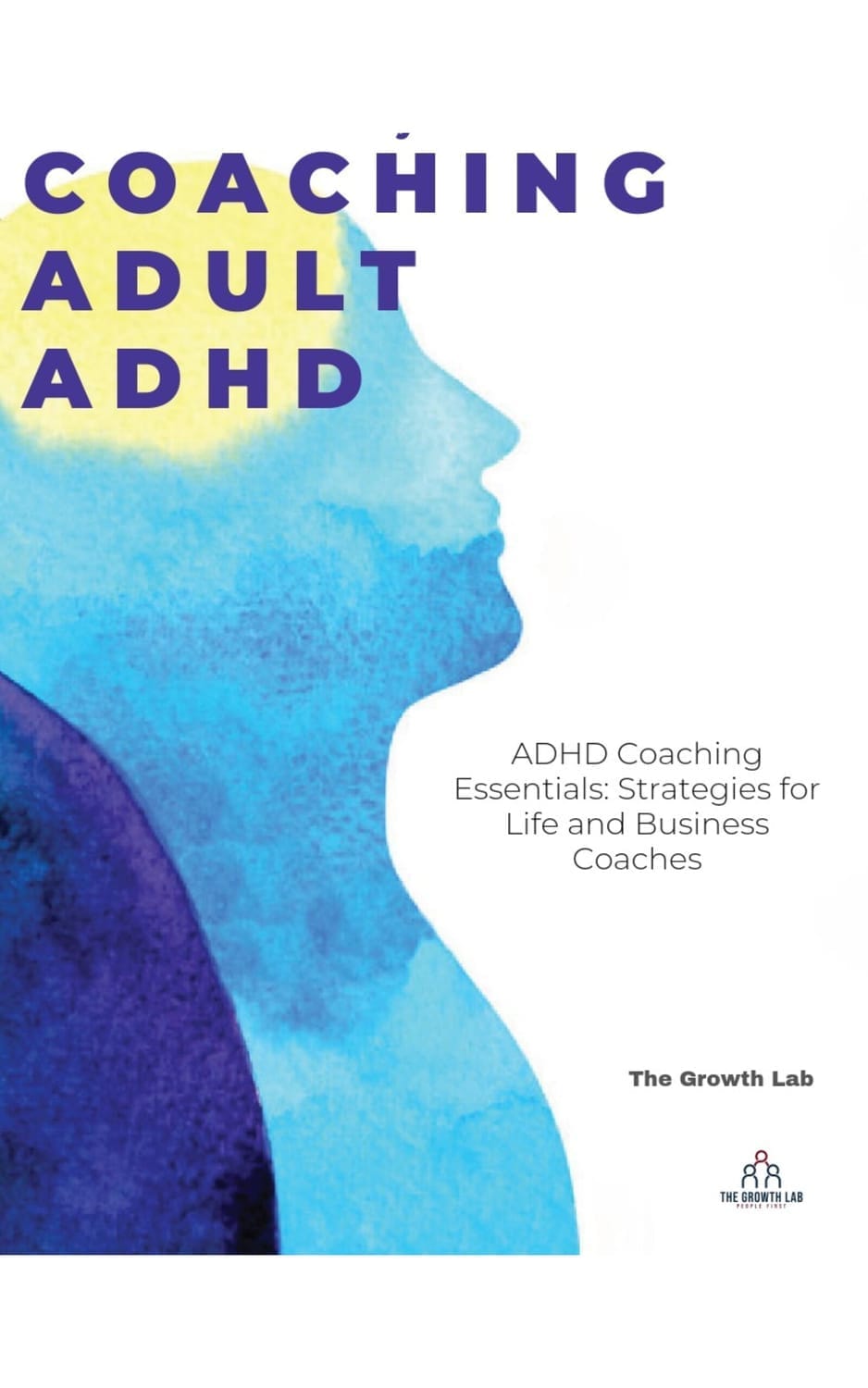Adult ADHD coaching



Working with the CEO - your Executive Functions - Part 1
Definition and Importance
Executive function skills are the mental processes that enable individuals to plan, focus attention, remember instructions, and juggle multiple tasks successfully. These skills are crucial for managing daily life and achieving long-term goals. For life coaches and helping practitioners, understanding executive function is essential as it lays the groundwork for effective intervention strategies. By fostering these skills, practitioners can significantly improve their clients' ability to navigate challenges and enhance their overall well-being.
The importance of executive function skills cannot be overstated. They are fundamental to a range of everyday activities, from simple tasks like remembering where one has placed an item, to more complex tasks such as managing time effectively and prioritising responsibilities. In the context of personal and professional development, strong executive functioning allows clients to set and achieve goals, regulate their emotions, and maintain social relationships. Life coaches who emphasise these skills help clients build a more organised and fulfilling life.
Executive function skills are intertwined with emotional regulation and resilience. Clients who struggle with these cognitive processes may find themselves overwhelmed by stress, leading to a cycle of procrastination and avoidance. By addressing executive function deficits, coaches empower clients to develop coping strategies that bolster their emotional health. This holistic approach not only tackles immediate challenges but also fosters long-term growth and adaptability in various life situations.
Life coaches can implement various techniques to enhance executive function skills in their clients. Techniques such as goal-setting, time management exercises, and mindfulness practices can be integrated into coaching sessions. By creating structured environments and offering consistent feedback, practitioners can help clients refine their executive functioning. This targeted approach not only aids in skill development but also builds clients’ confidence as they witness their progress.
The Role of Executive Function in Daily Life
Executive function plays a pivotal role in our daily lives, influencing how we manage tasks, make decisions, and control our impulses. These cognitive processes are essential for planning, prioritising, and executing our goals, whether they are personal or professional. Life coaches and practitioners must understand how executive function impacts their clients, as these skills determine the ability to navigate everyday challenges effectively.
One of the fundamental aspects of executive function is self-regulation, which allows individuals to manage their emotions and behaviours in various situations. This skill is particularly important for clients who may struggle with anxiety or impulsivity, as it equips them with the tools to respond appropriately to stressors. Coaches can help clients develop strategies to enhance their self-regulation, ultimately leading to better decision-making and improved interpersonal relationships.
Time management is another crucial component of executive function that significantly affects daily life. Clients often face difficulties in allocating their time effectively, leading to procrastination and missed deadlines. By teaching effective time management strategies, life coaches can empower clients to prioritise their tasks, set achievable goals, and maintain a balanced schedule, thereby reducing stress and enhancing productivity. The ability to shift cognitive strategies is a key element of executive function that aids in problem-solving and adaptability. Life coaches can work with clients to foster cognitive flexibility, enabling them to adjust their plans when faced with unexpected obstacles. This skill is particularly beneficial in helping clients embrace change and view challenges as opportunities for growth rather than setbacks.
Common Challenges Faced by Clients
Clients often encounter various challenges when working on developing their executive functioning skills. One significant hurdle is the inability to maintain focus on tasks, which can lead to frustration and a lack of progress. This difficulty may be exacerbated by external distractions or internal factors such as anxiety and overwhelm. Identifying these barriers is crucial for practitioners to help clients navigate through them effectively.
Another common challenge is poor time management. Many clients struggle to allocate appropriate time to tasks, leading to last-minute rushes and unmet deadlines. This often results in a cycle of stress and diminished self-confidence. Life coaches must work with clients to implement strategies that prioritise tasks and create manageable schedules, thereby fostering a greater sense of control and accomplishment. Additionally, emotional regulation poses a significant challenge for many clients. They may find it hard to manage their emotions, especially in high-pressure situations. This can hinder their ability to think clearly and make rational decisions. Coaches should equip clients with techniques to recognise their emotional triggers and develop coping strategies that promote a more balanced response to stressors.
Clients frequently encounter significant challenges when it comes to goal setting and prioritisation. In the absence of clearly defined goals, clients may find themselves feeling lost, unmotivated, and directionless, which can ultimately stall their progress and hinder their personal growth. Life coaches play an essential and transformative role in guiding clients through the intricate goal-setting process. They assist clients in defining realistic and achievable objectives that not only align with their personal values but also resonate deeply with their long-term aspirations and dreams. This partnership can empower clients to regain focus and clarity, enabling them to move forward with confidence and purpose.
Lastly, accountability can be a significant challenge for clients. Many individuals struggle to hold themselves accountable for their actions, which can impede their growth and development. Establishing a strong coaching relationship built on trust and regular check-ins can enhance accountability. By fostering this connection, coaches can help clients stay committed to their goals and encourage them to take ownership of their progress.


